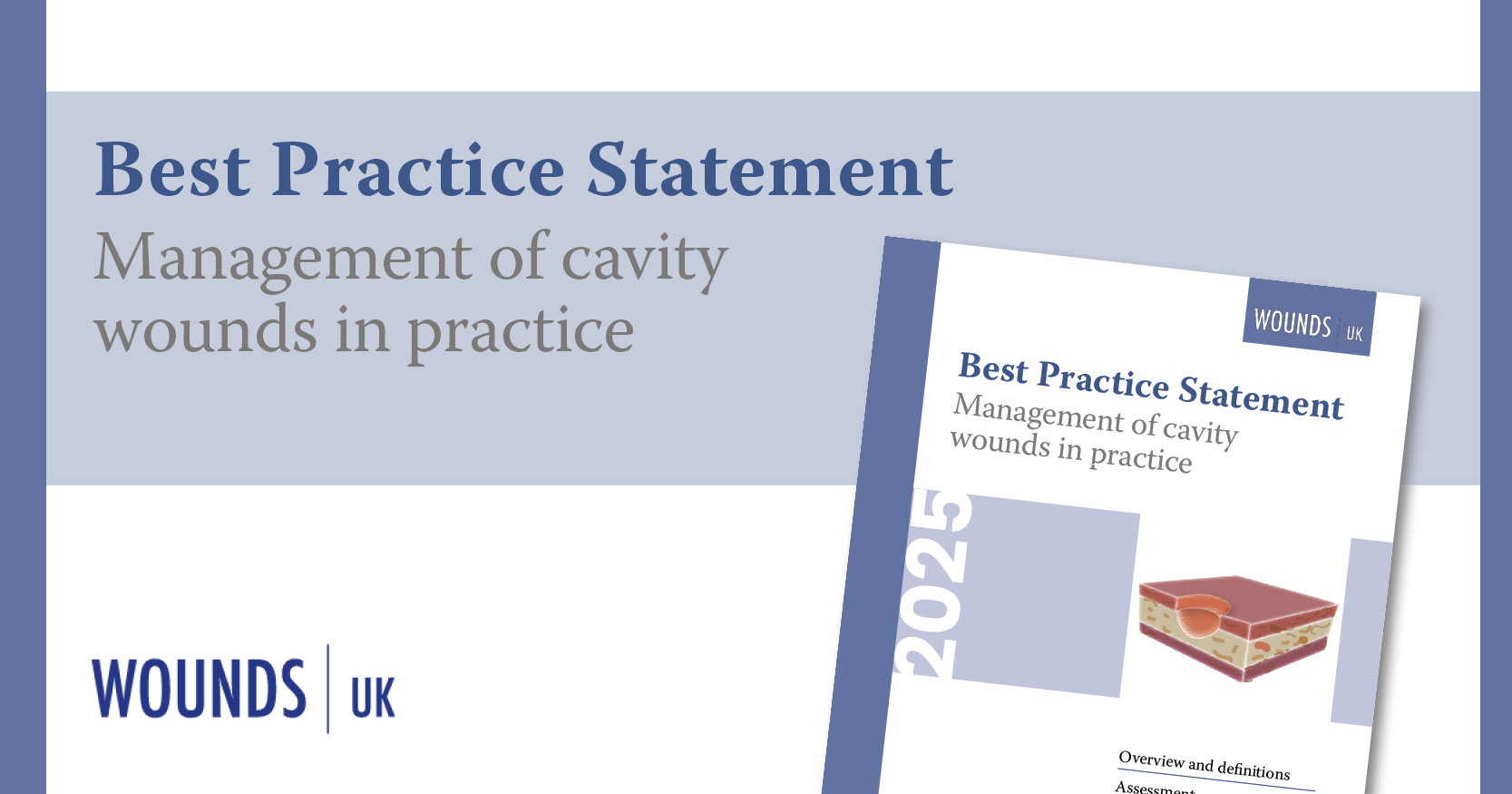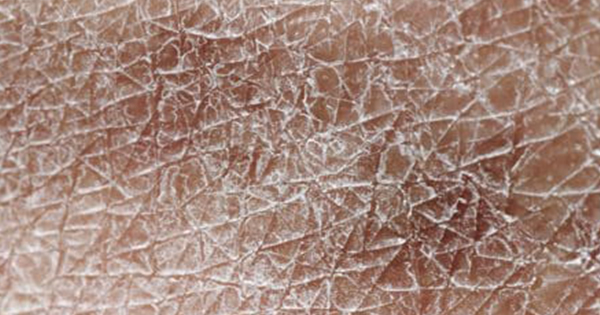The surgical removal of metastatic (secondary) tumours from the spine is considered palliative treatment to relieve symptoms of pain, and impaired physical and neurological function associated with compression of the spinal cord (metastatic spinal cord compression [MSCC]; Quan et al, 2011). Healing of the surgical wound in these patients is difficult as they are often malnourished, catabolic, and immunosuppressed due to the malignant process. A number of risk factors for poor wound healing have previously been identified (McPhee et al, 1998; Olsen et al, 2003; Omeis et al, 2011). Therefore, it is not surprising that surgical site infection (SSI) occurs more frequently in spinal tumour patients, with reported rates being as high as 20%, as opposed to 15% in non-instrumented spinal fusion (McPhee et al, 1998).






